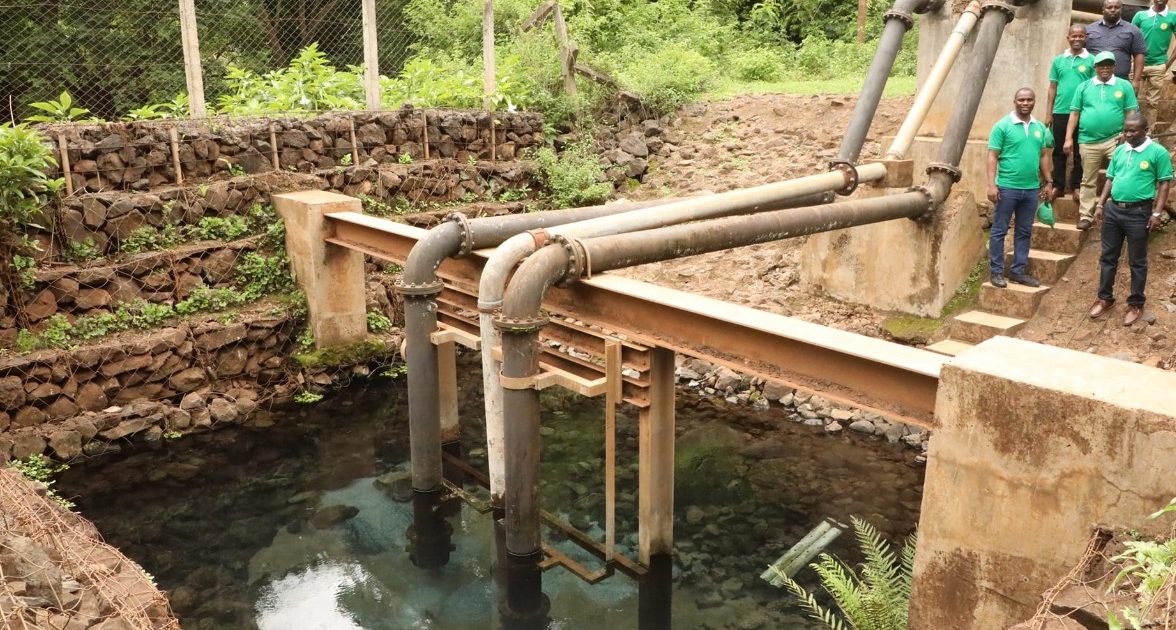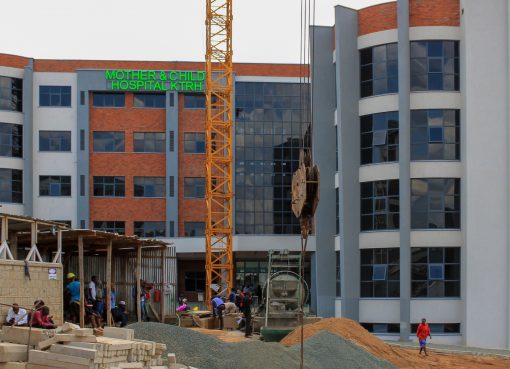In what would be a stroke of genius and a solution to the longstanding biting water shortage in Taita Taveta, the county administration with USAID-STAWI and mWater are on the verge of pioneering a digital water resource management system to streamline planning, usage, and partnership in the crucial sector.
This information came to light during a stakeholders meeting held at the Voi offices of the County Executive Member in charge of water, sanitation, environment, climate change, and natural resources, Grantone Mwandawiro.
Leading the visiting delegation, CEO mWater, Annie Feighery, said the digitization of the entire county’s water resources would be a breakthrough to solving the county’s severe water shortage caused by poor management and a lack of robust infrastructure to ensure seamless delivery of the vital commodity to businesses and households.
“This would be a perfect solution to poor water management, which is largely caused by poor planning and lack of adequate infrastructure to ensure uninterrupted water supply for commercial and domestic use,” said Feighery.
She further added that while the primary objective of the digitization would be to streamline management, the involvement of locals in the entire process would be vital to the project’s success.
“We appreciate that this project would not be successful without the input of locals, and that’s why we have seats for them at the table to ensure they understand the importance and also benefit from this project,” she added.
Mwandawiro, while promising the full support from the county government and, in particular, his department, said that the project is a timely intervention to the severe and perennial water shortage in the county.
“I can assure you the full support of the county’s administration and in particular the relevant department for this in-time project to help ease the year-in-year-out water problems in Taita Taveta,” said Mwandawiro.
In July this year, Taita Taveta County water and sewerage company, Tavevo, released a report revealing that the county loses Sh19 million each month to non-revenue water and infrastructure vandalism.
The report further showed that approximately 36 percent of the water produced by Tavevo could not be accounted for as it was lost through theft, vandalism, unpaid bills, and illegal connections.
Adding to the challenges of water shortage has been climate change, which has seen water in Lake Jipe and Lake Chala register record drop levels, further compounding the hurdles to accessing water.
Also, silently but determined to add to the woes of water access to the county residents, there has been rampant siltation in man-made dams. In particular, Kishenyi Dam in Werugha, Taita Sub-County, has been the worst hit, putting at risk the lives and livelihoods of over 15,000 residents who depend on the dam for household, livestock, and irrigation water.
However, the silver lining is now the ready-to-pioneer water digitization project and a mooted Sh 3.5 billion water project funded by USAID through the STAWI initiative, set to benefit 750,000 residents in Taita Taveta and other eight arid and semi-arid counties.
By Arnold Linga Masila




